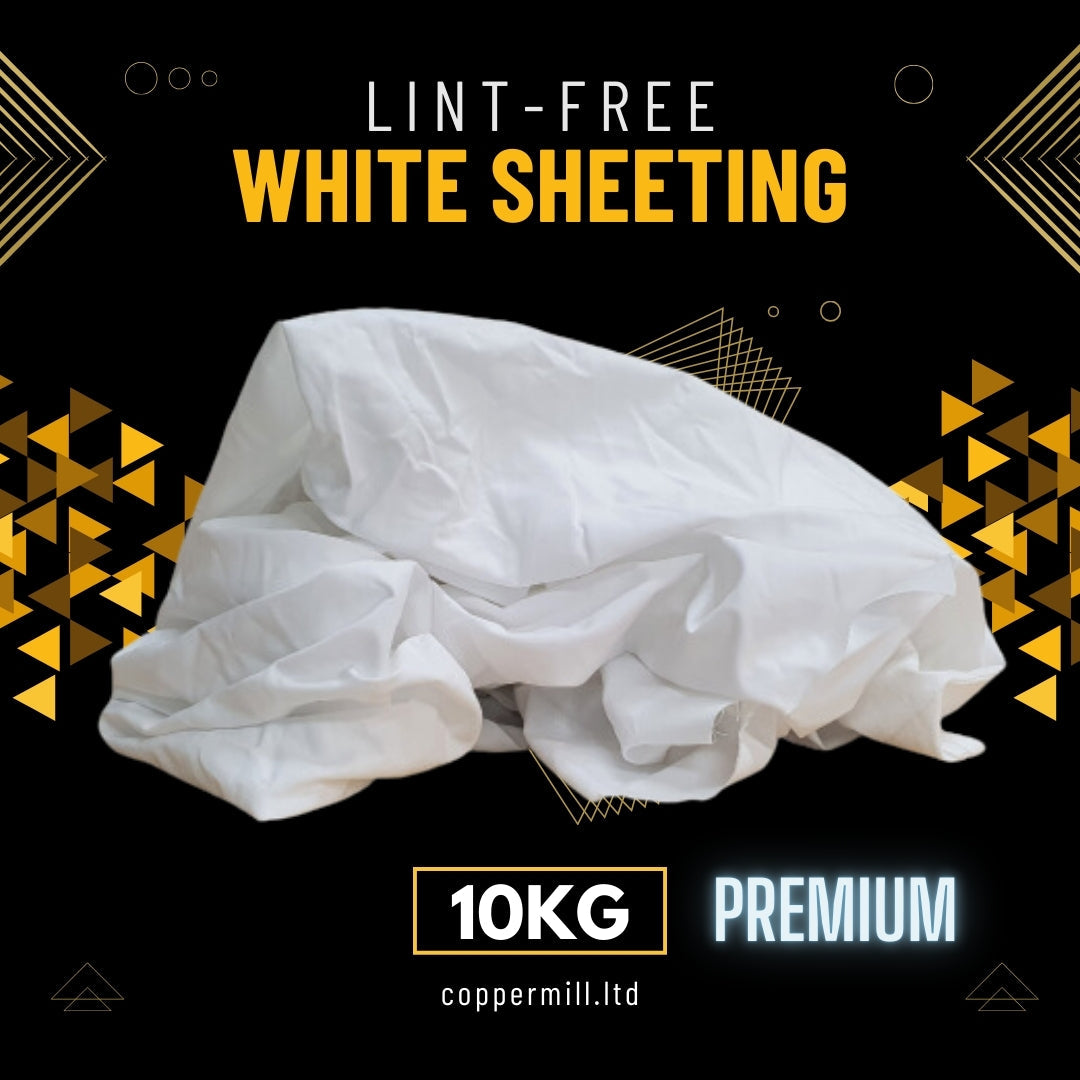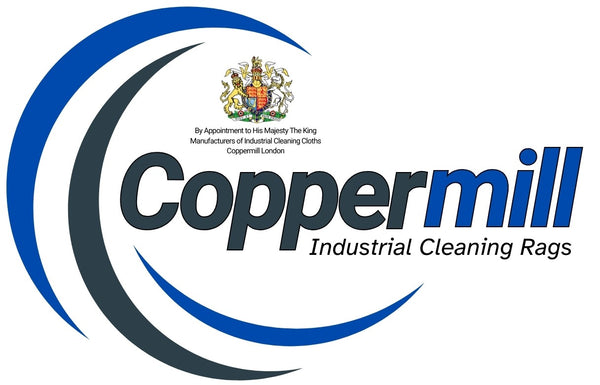
🧺 How to Properly Store White Sheeting Cleaning Rags
-
Keep Them Clean & Dry
-
Always store unused rags in a clean, dry area to prevent mildew or contamination.
-
Use sealed bins, zippered bags, or covered shelving to protect from dust, moisture, and pests.
-
-
Label for Purpose
-
If you use rags for different applications (e.g., solvents, oils, general cleaning), clearly label bins or containers to avoid cross-contamination.
-
Consider color-coding storage or using bins with signage.
-
-
Implement a Rotation System
-
Store older rags at the front and newer stock in the back. This ensures older rags get used first and nothing sits too long.
-
Track usage so you know when to reorder and avoid stockouts.
-
-
Separate Soiled Rags Promptly
-
Provide designated containers for used rags, especially if they’ve been in contact with chemicals or oils.
-
If laundering in-house, make sure rags are washed separately from other fabrics to maintain quality and safety.
-
🧼 Best Uses for White Sheeting Cleaning Rags
White sheeting rags are incredibly versatile and ideal for tasks that require a soft touch with high absorbency. Here are the best ways to use them:
-
Polishing & Finishing
-
Their low lint nature makes them excellent for polishing stainless steel, chrome, glass, or painted surfaces.
-
Perfect for auto detailing or final wipe-downs in furniture shops and showrooms.
-
-
Wiping Down Sensitive Equipment
-
Use them in laboratories, hospitals, or electronic environments where lint-free and residue-free wiping is essential.
-
-
Absorbing Liquids and Spills
-
White sheeting rags are absorbent and great for quickly soaking up water, oils, and non-corrosive fluids.
-
Ideal for janitorial crews, mechanical shops, and manufacturing lines.
-
-
Applying or Removing Cleaners
-
Great for applying polish, wax, or cleaner to surfaces—especially where colorfastness matters.
-
Because they’re white, it’s easy to see dirt buildup or when it’s time to switch to a fresh rag.
-
⚠️ Pro Tip: Use White Rags Where Color Matters
Unlike colored rags, white sheeting rags won’t bleed dye, making them ideal in situations where staining or dye transfer would be a problem. They’re also perfect when you need to monitor dirt levels or solvent changes visually.
